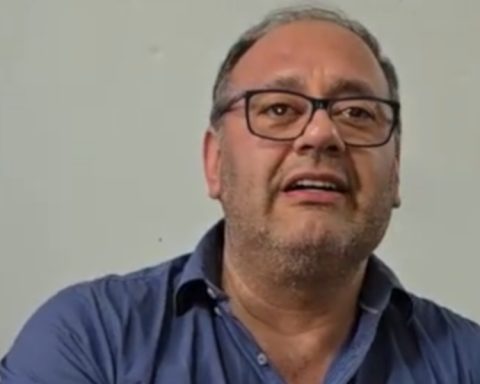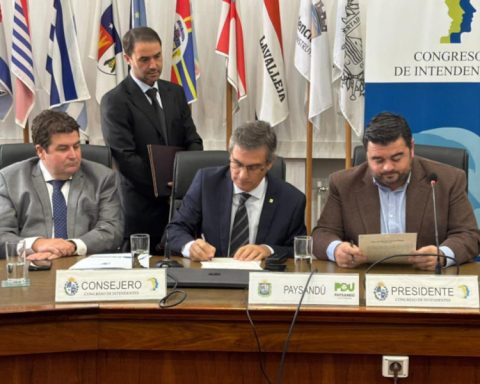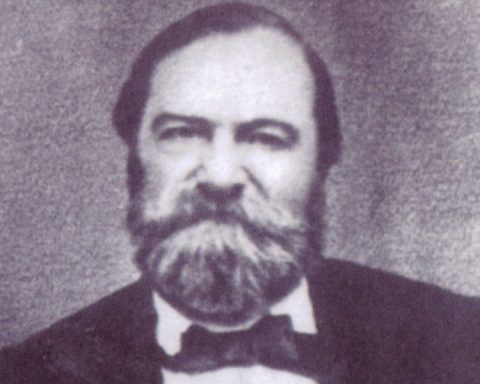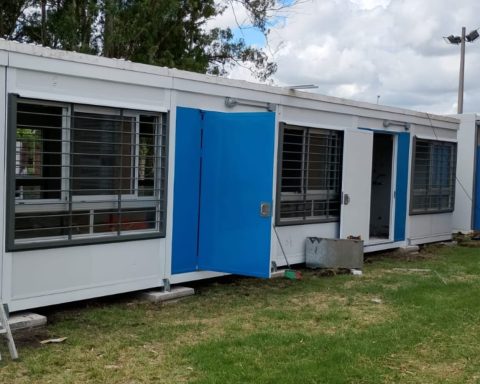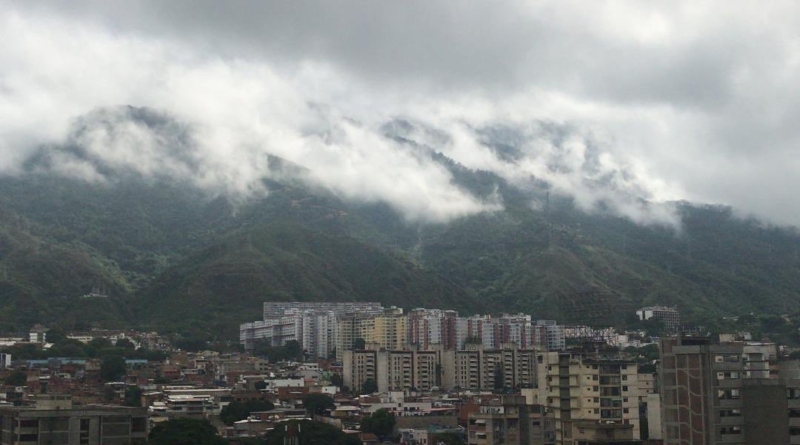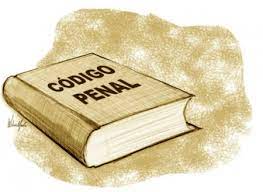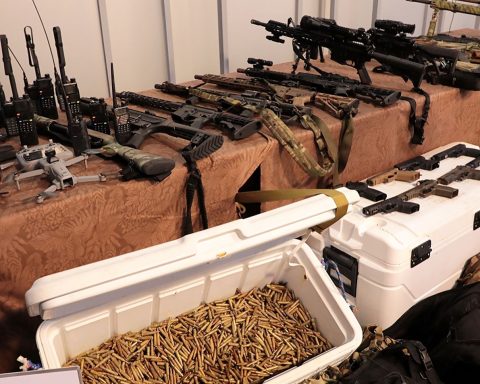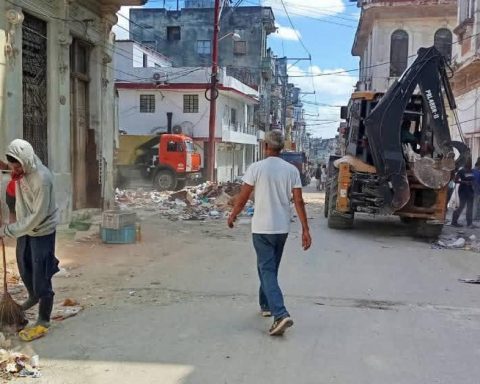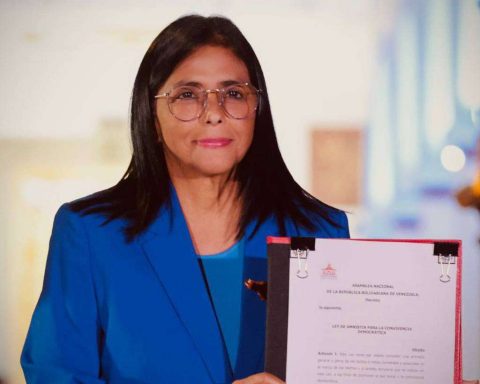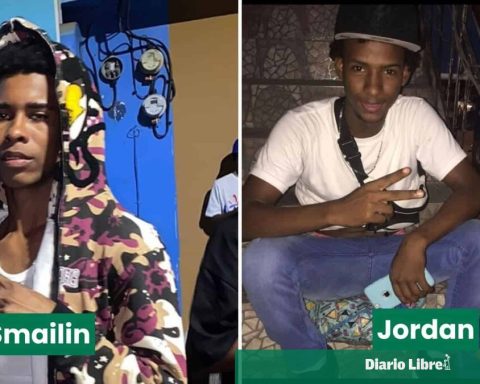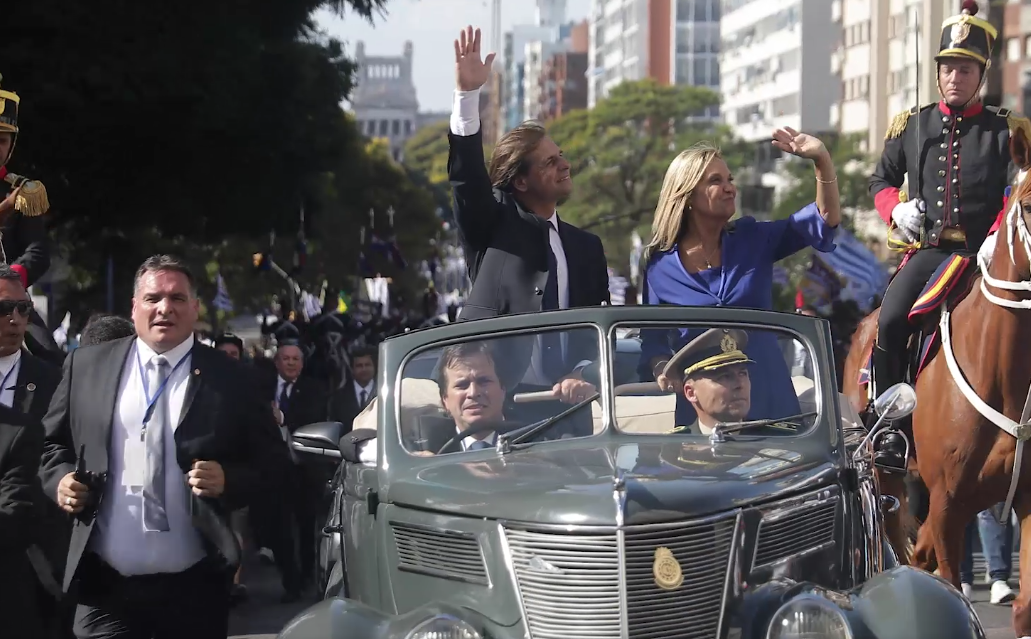
The scandal of the sale of false passports from within the government of Luis Lacalle Pou, by the former presidential custodian of Luis Lacalle Pou, Alejandro Astesiano, has put the reputation of Uruguay at risk, according to the specialized newspaper Financial Times, which published an extensive article on the matter on January 3.
It begins by saying that “it has turned into accusations of political espionage and corruption that could threaten the nation’s reputation as a model of stability in Latin America.” He continues to recall that Astesiano, who is in pretrial detention after being charged, was arrested last September at the Suárez y Reyes presidential residence when he returned from a trip to Costa Rica (and not at the airport, as soon as he set foot in the country , as dictated by law).
He recalled that the first medium to publish Astesiano’s leaked chats, extracted for the investigation, was The Daily. “One set of exchanges suggested that Astesiano took advantage of his government contacts to sell software developed by the Ministry of the Interior to wealthy business executives, who then used it to track opposition senators, an allegation he (Astesiano) has denied. ”, comments the journalist Lucina Elliott of the Financial Times (FT).
“This is a key moment for Uruguay,” Ricardo Gil Iribarne, a former anti-corruption official who headed the Board of Transparency and Public Ethics in the government of Tabaré Vázquez, told the FT. “It’s much more than passports,” he added.
The article also points out that, to this day, the Prosecutor’s Office suspects that dozens or even hundreds of Russians have obtained false passports from the structure that Astesiano would have led, at least since 2013, citing statements by the prosecutor Gabriela Fossati herself. One of the possible lines of investigation is that the Russians would seek with this passport to obtain a visa to enter the United States or to move more freely around Europe.
New Year’s resolution for politicians in Uruguay? Don’t share anything via whatsapp you wouldn’t say in public ?? What began as a passport scandal has expanded after online chats obtained from phones were published by a local paper > @FT #astesiano https://t.co/tqtaMj3v6G
—Lucinda Elliott (@lucinda_elliott) January 3, 2023
Nobody knew anything?
President Lacalle Pou first said that he “did not know” that Astesiano had had dozens and dozens of inquiries and at least a couple of prison sentences in the past, despite the fact that the former head of presidential custody has been linked to him and his father -former president Luis Alberto Lacalle Herrera- for decades.
The prestigious outlet also points out in its article that “the leaked messages from Astesiano’s phone have further complicated the case for the government, threatening to implicate members of Lacalle’s cabinet. Pressure has increased for more officials to hand over their phones so investigators can dig deeper.”
Later in the text, the journalist Lucina Elliot (correspondent in Argentina, Chile, Paraguay and Uruguay for the Financial Times and also a writer for the Monocle Magazine) mentions the other major case that has tarnished the reputation of the Lacalle Pou government and, consequently, of the country: that of the passport granted by the Ministry of Foreign Affairs (MRREE) to the powerful Uruguayan drug trafficker, Sebastián Marset.
This criminal was locked up in a Dubai jail after being caught in 2021 trying to enter the country with a false Paraguayan passport. The MRREE quickly issued him a Uruguayan passport that allowed him to legally leave and flee. To this day, the whereabouts of the drug trafficker are unknown, but it is presumed that he would have passed through Uruguay after escaping.
The former vice-chancellor, Carolina Ache Batlle, resigned on December 19 due to the repercussions of this latest case. In WhatsApp leaks of her conversations with her partner in the Ministry of the Interior, Guillermo Maciel, where it was recorded that both knew that “he was a heavy drug trafficker” before he was given his passport.
For Gil Iribarne, “we are the best students in a class of poorly educated children” and that, with all this scandal, Uruguay “could fall to the levels” of other countries where distrust in institutions is high, and he highlighted example to Colombia and Brazil.
The Financial Times article can be read here in English.


